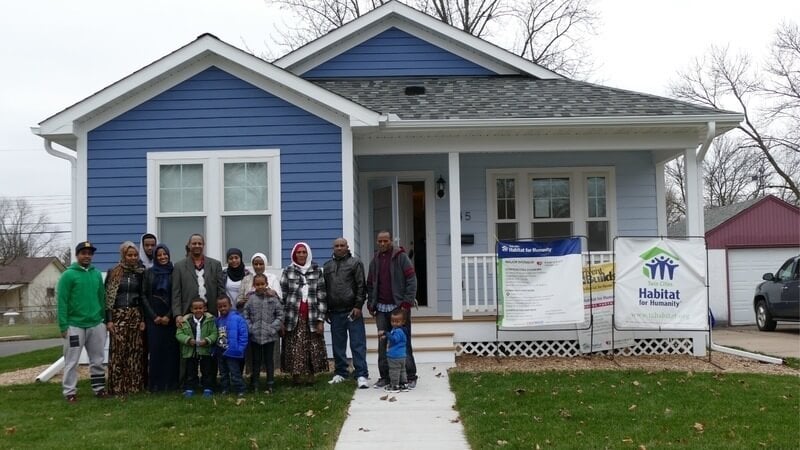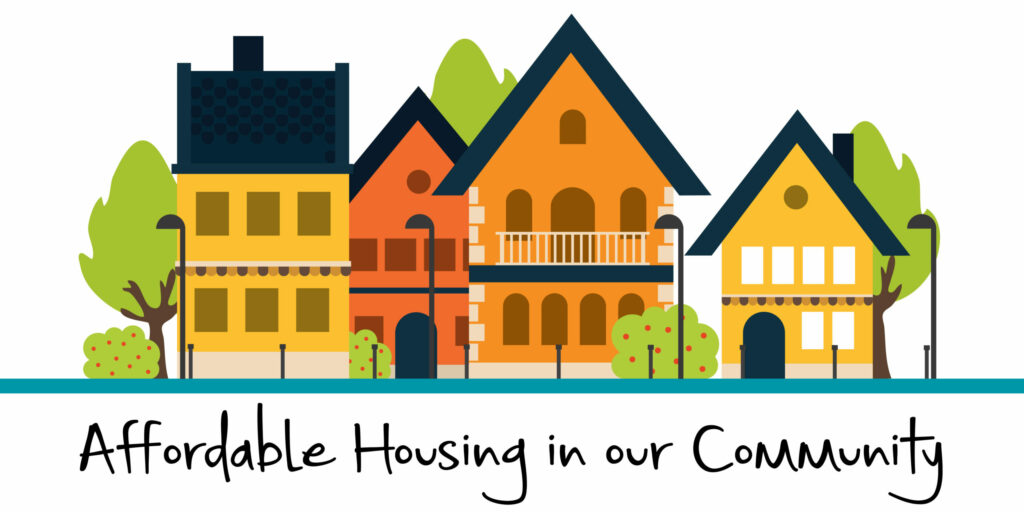Budget Friendly Homeownership Options for First-Time Homebuyers
As the housing market proceeds to progress, newbie property buyers deal with special difficulties in securing affordable homeownership options. Numerous sources, including entitlement program programs, low-down-payment home mortgages, and targeted gives, have emerged to alleviate economic stress. These efforts not only promote homeownership yet likewise foster community stability and economic growth. However, browsing these options can be intricate, and understanding which paths are most helpful needs careful factor to consider. What techniques can possible house owners employ to optimize their opportunities in this landscape?
Government Help Programs
Entitlement program programs play an important function in making homeownership achievable for many people and households. These programs intend to reduce the monetary worry related to acquiring a home, especially for new buyers. By using financial assistance, grants, and tax obligation motivations, government initiatives assist link the void between increasing real estate prices and the purchasing power of prospective home owners.
Various programs are available at the federal, state, and neighborhood degrees. For instance, the Federal Housing Administration (FHA) supplies insurance policy on fundings, permitting lenders to provide more beneficial terms, such as lower down settlements and reduced rates of interest. Additionally, state and city governments frequently have their very own initiatives, which may consist of down settlement aid programs, homebuyer education courses, and favorable mortgage terms.
These programs are made to resolve the special difficulties faced by low- to moderate-income family members, consisting of limited savings and credit report. By fostering an atmosphere where homeownership is a lot more obtainable, federal government support programs not only sustain individual aspirations yet likewise add to neighborhood stability and financial growth. Recognizing and using these resources can significantly boost the potential customers of successful homeownership.
Low-Down-Payment Home Mortgages
For several hopeful property owners, low-down-payment home mortgages provide a practical path to homeownership, especially in today's challenging real estate market. These mortgage alternatives commonly need deposits varying from 3% to 5%, making it easier for newbie buyers to go into the marketplace without the burden of conserving for a significant down repayment.
Numerous lenders use low-down-payment programs, consisting of traditional financings backed by Fannie Mae and Freddie Mac, in addition to government-backed alternatives like FHA lendings. These home loans are designed to accommodate people with minimal savings while still giving competitive rates of interest. Notably, they allow buyers to maintain even more cash money for other vital expenditures, such as moving expenses, home assessments, and prospective remodellings.
Nevertheless, possible home owners need to be mindful of the trade-offs associated with low-down-payment home loans. A smaller down repayment might cause greater monthly payments and the need of personal home loan insurance (PMI), which safeguards loan providers in case of default. As a result, it is crucial for first-time buyers to conduct thorough research and seek advice from with home mortgage experts, ensuring they select a low-down-payment option that straightens with their lasting monetary goals. Affordable Homeownership.
First-Time Property Buyer Grants
Numerous first-time buyers find that gives can substantially relieve the financial problem of purchasing a home, matching low-down-payment mortgage choices. These grants, linked here commonly offered by state and charitable organizations or neighborhood governments, supply monetary assistance that does not need settlement, making them an appealing alternative for use this link those going into the real estate market.
Qualification for new property buyer gives usually relies on income, credit reliability, and the purchase rate of the home. Numerous programs are made to aid low- to moderate-income households, ensuring that support gets to those that require it most. The application process commonly involves documentation of monetary standing, buyer education courses, and occasionally even a dedication to remain in the home for a specific duration.
The quantity helpful varies widely, with some grants supplying numerous thousand bucks to aid cover shutting prices or deposits. Researching available grants in your area is necessary, as programs regularly transform and might have specific requirements. By leveraging these financial resources, newbie buyers can make homeownership more available, inevitably achieving their desire of possessing a home while minimizing the initial financial strain.
Innovative Neighborhood Efforts
Ingenious neighborhood efforts are playing a critical role in expanding budget friendly homeownership options for locals. These efforts typically include collaborative efforts between city governments, non-profit organizations, and personal industry stakeholders to produce lasting real estate solutions tailored to community needs.
One noteworthy technique is the establishment of community land trusts (CLTs), which allow locals to buy homes while the land stays had by the trust fund. This version aids keep affordability in time and avoids speculative rate boosts. Additionally, CLTs often give academic resources and assistance solutions to equip novice homebuyers.
An additional efficient initiative is the advancement of mixed-income real estate projects, which blend economical systems with market-rate homes. This strategy promotes comprehensive neighborhoods and lowers the stigma usually connected with low-income real estate. Regional federal governments are significantly supporting zoning reforms to help with the building and construction of accessory dwelling units (ADUs), which can supply added rental income for property owners while boosting real estate availability.

Tips for Budgeting and Saving

Following, develop a devoted interest-bearing account specifically for your future home purchase. Goal to conserve a percentage of your earnings continually, preferably 20% or more, to develop a significant deposit. Use automation devices, such as straight deposit or automatic transfers, to make saving less complicated and more constant.
In addition, consider embracing the 50/30/20 policy: allot 50% of your income to requirements, 30% to desires, and 20% to financial savings and debt payment - Affordable Homeownership. This approach promotes balanced monetary health and wellness

Verdict
In recap, budget-friendly homeownership choices for novice homebuyers encompass various resources such as government support programs, low-down-payment home mortgages, and gives. By leveraging these economic devices, people can navigate the complexities of homeownership, eventually contributing to a more equitable real estate landscape.
As the real estate market proceeds to evolve, novice homebuyers face unique challenges in safeguarding cost effective homeownership choices. By promoting an atmosphere where homeownership is much more available, government assistance programs not just sustain private aspirations but additionally contribute to community security and financial growth. By leveraging these financial sources, novice homebuyers can make homeownership more obtainable, inevitably accomplishing their dream of possessing a home while alleviating the preliminary financial pressure.
In recap, economical homeownership options for new property buyers encompass numerous resources such as federal government aid programs, low-down-payment home loans, and grants. By leveraging these economic tools, people can navigate the intricacies of homeownership, eventually contributing to an extra equitable real estate landscape.
Comments on “Affordable Homeownership: A Step-by-Step Guide for New Homebuyers”